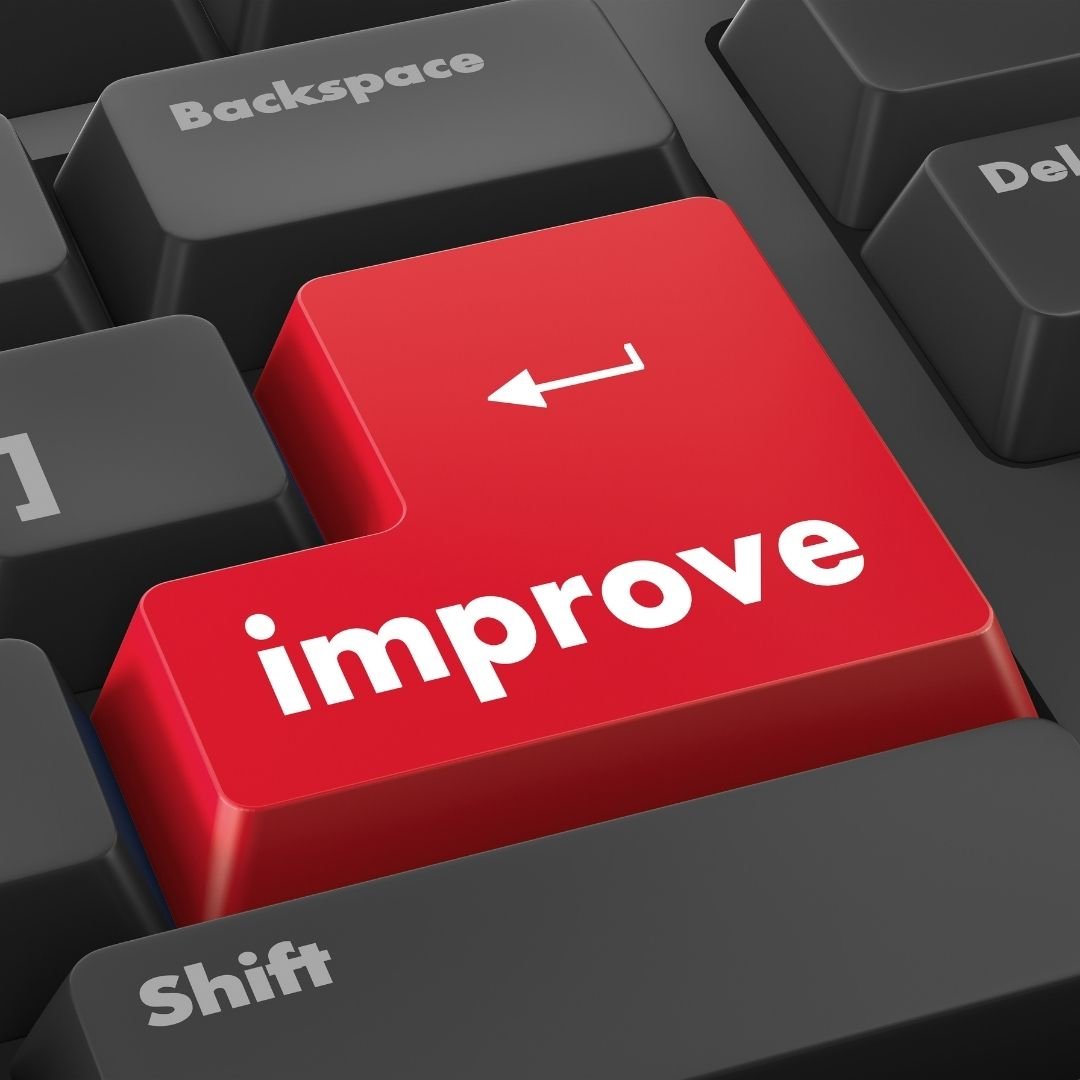Business Skills
Professionals Require
Professionals require a set of competencies called business skills. They cover topics like strategic thinking, project management, organization skills, design thinking, and so on. People with strong business acumen access market trends, take cautious decisions, and are very careful with their communication skills with clients, stakeholders, and team members. It is extremely important to change quickly, be adaptable, solve problems, and exercise critical thinking to take advantage of business opportunities as and when they come. Implementation of proper business skills makes a strong businessman. This gives them all the means to succeed in a variety of tasks and make a significant contribution to an organization’s success.
Inside and External Resources to Help Drive Your Business
Duration
6 Months
Case Studies
15 +
Training Mode
Online
HR Programme

1. Basic Coaching Skills
- What is coaching?
- The coaching mindset
- Coaching opportunities
- Effective coaching questions
- Questioning skills
- Developing core coaching skills for effective coaching
- Managing coaching conversations
- Dealing With emotions
- Creating accountability
- Constructive feedback skills

2. Handling First
Level Management
- Role of a first line manager
- Difference between leadership & management
- Leadership Styles and when to use them
- Translating vision and strategy to the frontline
- Building a team
- Difference between a critic and a cynic
- Setting clear goals
- Gain confidence in leading your team
- Understand different communication and working styles
- Improve your empathy and listening
- Accepting and providing constructive feedback.
- Managing conflict and poor performance issues
- Motivating people with proper praise and appreciation
- Professional development action plan
- Time management, prioritization and delegation
- Value and deadline pressure
- Order of delegation
- Task prioritization
- How to stop being busy and increasing productivity

3. Getting Organized at Work
- Setting the pace
- Organize your physical and digital workspace
- Designate tasks vs Delegate tasks
- Setting performance goals
- Make the time you need
- Avoid procrastination by getting organized Instead
- Art of staying focused
- Maximize your productivity by managing time
- Designate or delegate
- Project the productivity
- Align goals to manage priorities
- Using business etiquette to Increase your professionalism
- Taking responsibility for your accountability
- Managing pressure and stress to optimize your performance
- Accomplishing goals with perseverance and resilience
- Working with the organizations needs

4. Improving and
Simplifying Work Process
- The business need for simplification and how to achieve it
- Drivers for simplification
- Analysing and simplifying processes and procedures
- Designing and developing procedures
- Hands-on procedure writing
- Methods to achieve simplification
- Definitions and use of all relevant documents
- A complete approach to documentation
- Developing, documentation and automation
- Analysing and simplifying procedures
- Applying the plain english standard
- Design and use of flowcharts
- Different types of workflow analysis to aid simplification

5. Successful Work Relations
- The importance of work relationships
- Supporting effective teamwork
- Understanding the value of relationships
- Interpersonal dynamics
- Working with ego states
- Being effectively assertive
- Demonstrating professional behavior
- Developing professionalism
- Valuing respect, reliability, and results
- Comparing attitude, action, and effect
- Mapping your work network
- Identifying interdependencies
- Focusing on purpose

6. Sphere of Influence
- Spheres of influence
- Influencing your spheres
- Leader actions
- Workplace culture
- I.M.P.A.C.T. leadership method
- Name your spheres of influence
- Reflect on impact

7. Handling First Level Management
- Role of a first line manager
- Skills required by a first line manger
- Clarity in communication
- Difference between a critic and a cynic
- Managing conflict and performance issues
- Professional developmental action plan
- Time management, prioritization, and delegation
- Increasing prioritization
- Managing self, others and system
- Assessing needs and establishing objectives
- Management skills pyramid
- Delegation and Prioritization
- Creating and sustaining a positive team atmosphere
- Constructive and destructive criticism
- Designing and implementing

8. Getting Organized at Work
- What is planning and organizing and why is it important?
- Planning by managers
- Aligning goals with plans
- Types of plans
- Developing plans
- Different approaches used to plan
- Planning in a dynamic environment
- Designing an organizational structure
- Planning vs controlling
- Individual and team performance
- Measuring performance
- Pit falls

9. Improving High Efficacy
- Introduction
- Sources of self-efficacy
- Defining self efficacy
- Strategies that influence self-efficacy
- Development of self-efficacy beliefs
- Neurobiology of self-efficacy
- Importance of self-efficacy
- Gender differences in self-efficacy
- Collective self-efficacy 10. summary
- Impact of self-efficacy on other factors
- Implementation

10. Design Thinking
- Understanding design thinking
- Human centric innovation and design
- The design thinking process
- Identifying customer needs
- The value of design thinking
- Phases, methods and tools
- Key principles and mindset
- Design thinking in action
- Ecosystem mapping
- Idea enhancement


